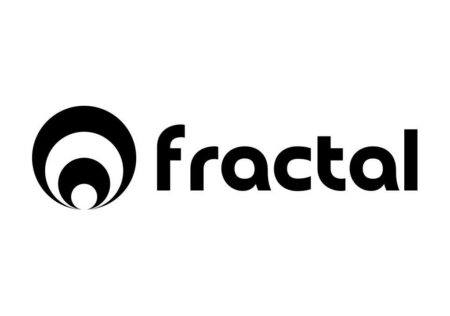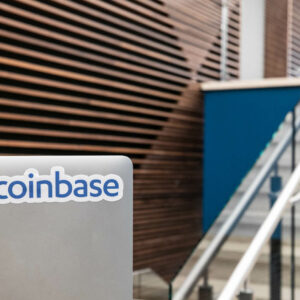The Kyber Network’ KNC token has seen its price rise over 650% so far this year thanks to an upgrade that will be introduced into the network this month, allowing users to stake tokens and earn ETH rewards while participating in governance.
The Kyber Network was launched in 2018 as a decentralized liquidity protocol built on the Ethereum blockchain. By holding various ERC-20 tokens in a smart contract, it allows users to trade tokens using its platform quickly, without needing to use a centralized exchange.
The Kyber Network Crystal (KNC) token is an ERC-20 token running on Ethereum that is used to connect participants in the Kyber Network ecosystem. To provide token liquidity, for example, third-party token have to use KNC to pay for their operation in the network.
The token’s price has started surging this year after the Kyber Network announced in December 2019 that the Katalyst upgrade was set to be rolled out this year. The Katalyst upgrade is scheduled for July 7 and will bring various technical improvements to the decentralized liquidity protocol, and launch the KyberDAO (decentralized autonomous organization).
It will start letting KNC token holders stake their holdings and vote on governance proposals, while receiving interest in ether (ETH). Kyber Network’s post reads:
Once Katalyst is launched, KNC holders can stake their tokens on the KyberDAO and govern the protocol by voting on important proposals and parameters, while earning rewards (in ETH) for their efforts.
The staking feature was, however, mentioned in December 2019, Since then the price of KNC has been steadily rising, from its $0.19 price tag at the beginning of the year to, at press time, $1.51. In the last 24-hour period the token’s price went up by 18.25%, according to CryptoCompare data.
Since the beginning of the year, the price of Kyber Network’s KNC has risen over 650%, making it one of the best performing cryptoassets so far this year.
 Source: CryptoCompare
Source: CryptoCompare
Over time the Kyber Network’s popularity has also been growing. The decentralized protocol has been implemented in various popular mobile wallet applications, including Trust and Enjin. It has also been added to Opera’s decentralized application store, accessible through its built-in crypto wallet.
The token’s price performance has likely also been supported by the rising yield farming trend, as “farmers” may be using taken out loans to buy KNC ahead of the staking launch. After Katalyst is implement, users will be able to start staking right around with no minimum requirement, and will receive their first ETH payouts two weeks later.
Featured image via Pixabay.









